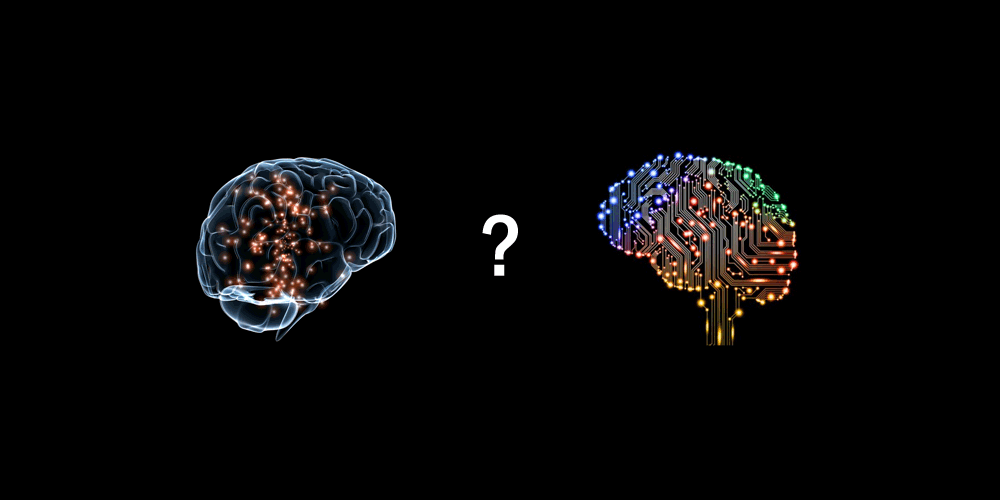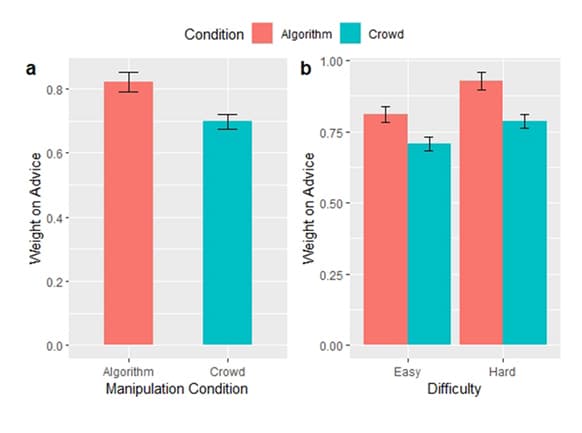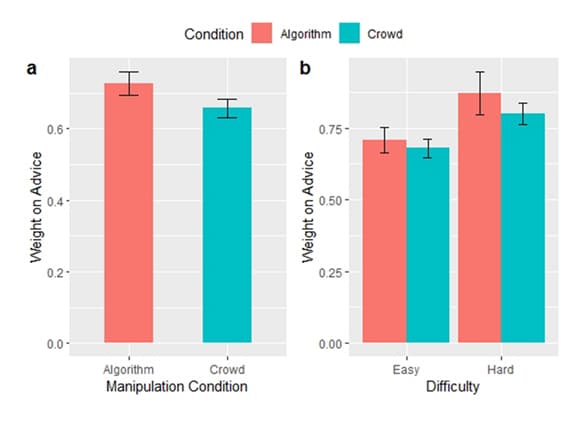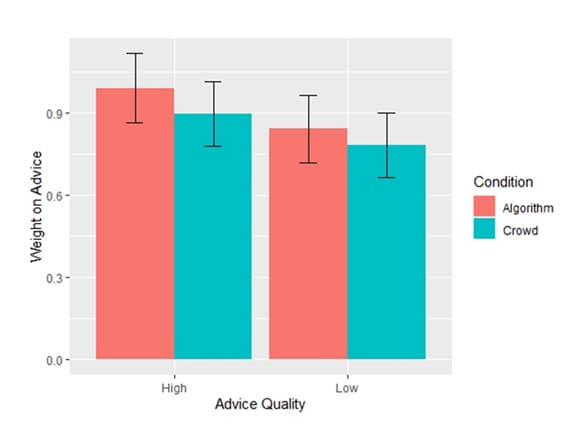Humans are social creatures. But with the advancing technologies and the internet, it seems that humans trust computers more than they trust their fellow humans.
Early in morning when we wake up, many of us "ask" our phones about the weather. And if we commute to study or work, we also ask our phone for the fastest route. This human–machine interaction goes way beyond that, to also include our online shopping habits, to the song we listen, to deciding what to watch, booking a flight and a hotel, the news we consume, and many more.
After all, many of us are "Digital Zombies," and there is no denying about that.
Algorithms power pretty much of our lives, and we're happy.
As long as there is an AI or sort that is involved, we expect that we can get the most up-to-date information about almost everything.
The more information travels through the internet and its networks, the more we can rely on algorithms.
We're pampered, as we become more resourceful.
But can we really trust the technologies?
Read: Paving The Roads To Artificial Intelligence: It's Either Us, Or Them

If looking at real-life scenarios, the answer is a big 'Yes'.
Algorithms that are powered by AI, can certainly help people in their everyday routines.
But according to three researchers from the University of Georgia in Athens, Georgia, a study they conducted to determine whether humans are more likely to trust an answer they believe was generated by an algorithm or crowd-sourced from humans, concluded that humans are more likely to trust algorithms if problems are too complex for them to even trust their own answers.
"For example, people rely so heavily on Google that they treat it as an external memory source, resulting in them being less able to remember searchable information," the researchers said.
While there is no denying that humans rely on algorithms that filter or sort information for them.
But what's interesting in this study is that, humans are found to trust algorithms when they probably shouldn't.
In the study, the researchers said that:
To come into this conclusion, the researchers surveyed 1,500 participants.
Participants were then asked to look at a series of images and determine how many people were in each image. As the number of people in the image increased, the participants gained less confidence in their answers.
And this was when they were offered the ability to align their responses with either “the average guess of 5000 other people,” or answers from “an algorithm trained on 5000 images.”
And here, through three different experiments, most of the participants tend to choose to rely on algorithms, rather than trusting the answers from their fellow humans.



"Humans may show a preference toward algorithmic advice depending on how close their initial guess is to the advice they receive. Those with a history of recent accuracy may strongly discount the advice of others, while incorporating the advice of an algorithm, because if people perceive they are good at intellective tasks then they likely question why they should accept the advice of the less skilled crowd. Thus, we expected that highly accurate individuals would demonstrate algorithmic appreciation more than the less accurate; however, our experiments did not support this claim."
The experiments underline how reliant humans are to technologies.
But it should be noted here, that the study does have some limitations.
For example, the participants might have been more comfortable with technology, and thus had a higher tendencies in choosing algorithmic advice than the larger public. Then there was the completion of tasks, which there is always a chance that some participants found some tasks easy to do, while other participants considered the tasks difficult.
Algorithms are getting better, and AIs that are considered more profound that electricity or fire, are making them even more powerful.
What makes the experiments worrying is that, in the rise of technology, people are beginning to believe an answer to be better, only when they think that the answer was generated by a computer. To many extent, this is not a very good sign.